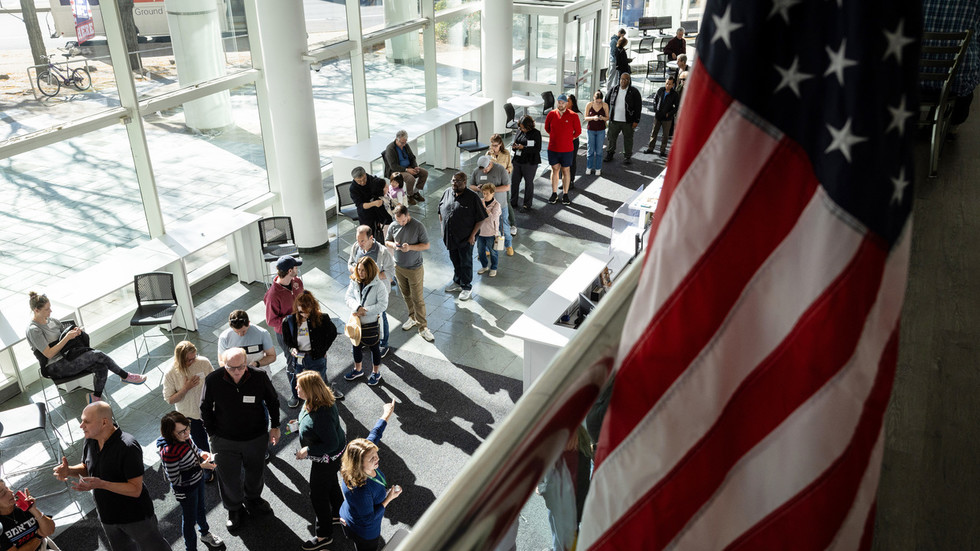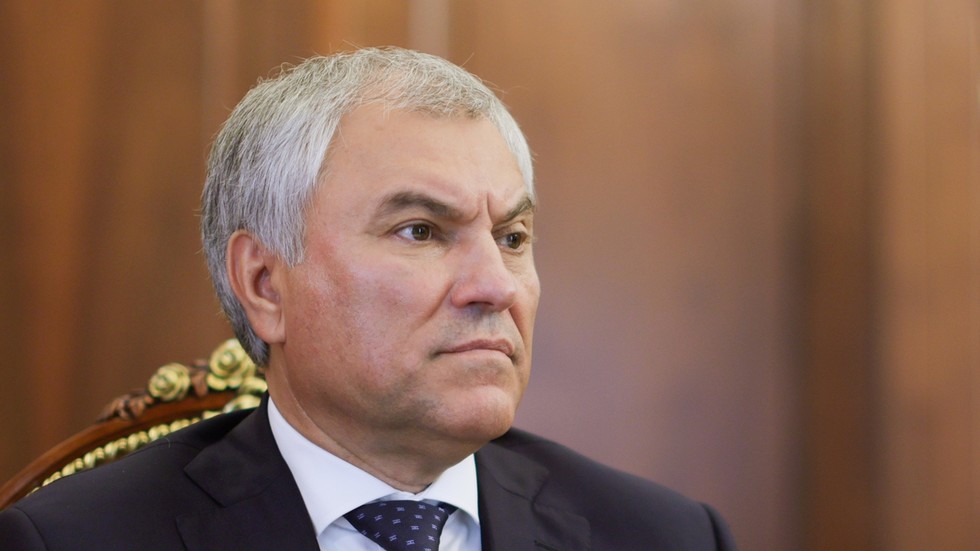With two weeks until EU elections, candidates diverged on the size of the bloc’s trillion-euro spending, European air defence, and whether to impose US-style punitive tariffs on Beijing.
Rival candidates to take the helm of the European Commission sparred over the size of the bloc's trillion-euro budget, as the EU election campaign enters its final weeks.
Ursula von der Leyen hinted at a new centrally-funded European air defence system and tariffs on Chinese goods as the German centre-right politican seeks a second term as Commission president.
But she and her rivals – including Sandro Gozi, a French MEP from Emmanuel Macron’s Renew Europe party, and Danish right-wing candidate Anders Vistisen – don't see eye to eye on how to adjust the EU’s finances.
“You don’t cut the budget, you increase it,” said Gozi, saying that new EU revenue sources such as a tax on food waste could help pay for new challenges like climate change and security, adding: “You cannot drive towards the future looking at the rear-view mirror.”
Brussels’ spending amounted to nearly €250 billion in 2022, and – with members each clamouring for their own priorities and pandemic-era debts still to be repaid – setting a new seven-year framework for the EU budget will be among the most politically challenging tasks for the next Commission.
Gozi’s approach was broadly supported by Socialist candidate Nicolas Schmit, currently Luxembourg’s EU commissioner, who argued the current budget is “not enormous", and that that building up Europe’s defences in the wake of Russian aggression “will not be possible without some European indebtedness”.
Von der Leyen was less precise about her intentions, suggesting that she might be prepared to reduce expensive farming subsidies and aid to poorest regions, to prioritise new areas of spending.
“Agriculture and cohesion will play a role without any question, but we have to focus on what is most important at the moment,” von der Leyen said, promoting a potentially controversial new project for a bloc that has traditionally steered clear of military matters.
“I would advocate for example for an air defence shield as a common European project,” said von der Leyen, who was previously Germany’s defence minister, an initiative that if pursued could require significant central funding.
Vistisen, meanwhile, pledged to cut EU staffing levels by 10,000, and abolish half of the bloc’s agencies – though wasn’t drawn on the exact cost savings he expected to make from those changes.
Trade war?
Candidates also clashed on how to face up to aggressive trade practices from Beijing – with von der Leyen suggesting she would diverge from the US, which last week imposed sharp tariff increases on Chinese goods including chips, solar panels and electric vehicles. “We share some of the concerns of our [US] counterparts but we have a different approach, a much more tailored approach” von der Leyen said, highlighting a months-long investigation the EU has undertaken into whether China’s trade practices comply with global norms.
“Should [it] be confirmed what I suspect, that such [Chinese] subsidies exist, then I can guarantee that the level of the duties we would impose is correspondent to the level of damage,” she said.
Overall, the debate was less fiery than a previous, 29 April bout in Maastricht, in which von der Leyen also faced off against Schmit and Vistisen on topics such as Ukraine and Gaza.
Renew Europe appears to have benched its previous representative Marie-Agnes Strack-Zimmerman after the stilted performance she gave in April, and have now opted for the much more combative Gozi.
While Schmit repeatedly invoked Jacques Delors, the French socialist who led the Commission in the 1980s and 90s, Gozi took fierce aim at his opponents’ track records.
The lack of progress on EU capital market reform is “the biggest EPP failure”, Gozi said, citing the centre-right political grouping to which von der Leyen belongs, saying that promises of further reform were “too little, too late”.
While Vistisen said he wanted to force Chinese-owned social media app TikTok to be sold or banned, Gozi accused him of opposing EU legislation known as the Digital Services Act, intended to rein in big online platforms.
Europeans go to the polls from 6-9 June, to elect the 720 lawmakers who will sit in the European Parliament for five years – and the result could also determine who takes over at the EU’s executive arm.
Current polls suggest von der Leyen’s centre-right European People’s Party will be the largest in the European Parliament, putting her in prime position to secure a second term.
But the EPP will still likely need to find a coalition of other MEPs to secure a majority – and first she would have to be proposed as a candidate by national leaders in the European Council.
The candidates, joined by extras from the far-left and green groups, will on Thursday go head-to-head at a televised “Eurovision debate” – though that event has drawn controversy for apparently excluding Vistisen.

 5 months ago
32
5 months ago
32









